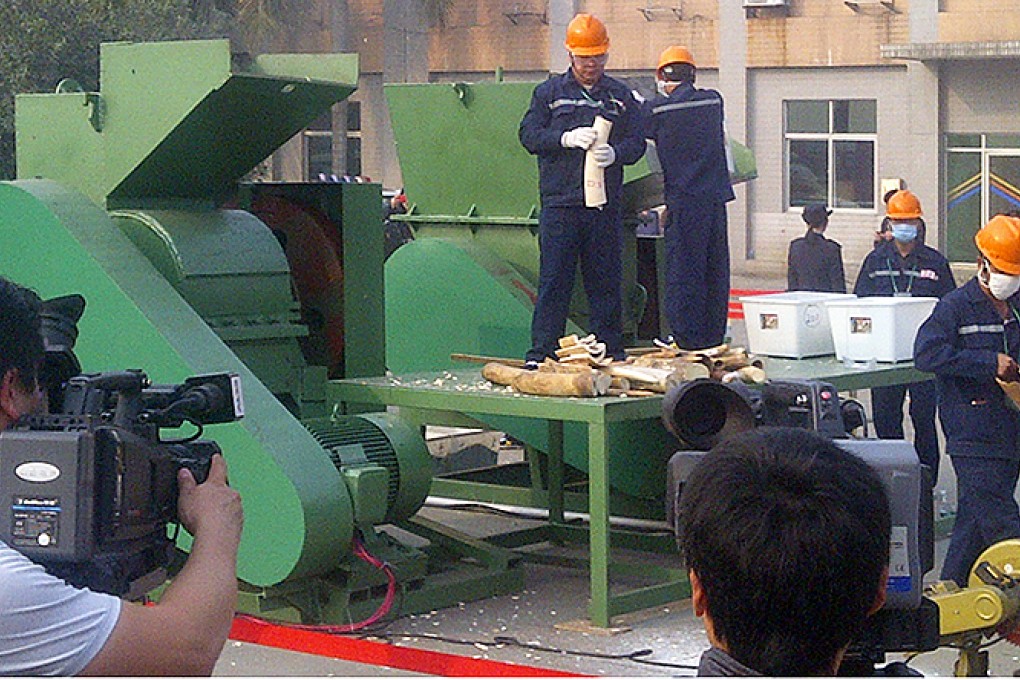Destroying ivory may make illegal trade more lucrative
Brendan Moyle and Dan Stiles believe it won't stop elephant poaching

Now that over 20,000 elephants are being killed each year for their tusks, elephant poaching has gripped the attention of the international community. But is destroying ivory stockpiles the best way to fight poachers and traffickers?
Hong Kong has had noted success in recent years against smugglers with a string of large ivory intercepts, which has led to the problem of what to do with it. The Hong Kong Endangered Species Advisory Committee has recommended incineration. Destroying ivory may be a popular decision, but as Tom Milliken, an expert on ivory trade with the wildlife trade monitoring network Traffic, put it, "It's still unclear what impact [the destruction] will have on the dynamics of ivory trafficking".
Concern for elephants has generated lots of opinions, but few of the solutions proposed are fact-based. As researchers and conservationists who've studied the ivory trade in Africa and Asia, we try to identify policies that will effectively deter poachers and traffickers.
The facts we've gathered do not support stockpile destruction. We believe the black market in tusks will only be defeated when effective, evidence-based policies are implemented. The decision to destroy ivory isn't evidence-based policy. It's a gamble. A well-meaning gamble to be sure, but a gamble that could backfire - badly.
The rise in poaching is not a puzzle. Nor is it a recent problem. It is a result of increasing affluence in Asia and increasing trade and investment between East Asia and Africa. It's also a result of instability and weak governance in Africa. The destruction of ivory has no effect on these factors. Civil war in Central Africa won't stop because Hong Kong destroys ivory. Chinese consumers won't become poorer because Hong Kong destroys ivory. Countries have been destroying ivory since Kenya burnt 12 tonnes of it in 1989, and it hasn't made a dent in the illegal trade. In fact, destroying stockpiles is risky. Advocates say it sends a message to poachers and smugglers that the black market in ivory is over. This is a fantasy. We're telling business-savvy criminals that their illegal hoards of ivory are going to drop in value because we've destroyed ivory they don't own?
The real message we're sending is that we're giving them control over the market, because they're going to be the only ones holding ivory stocks.